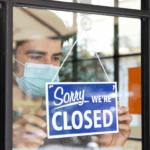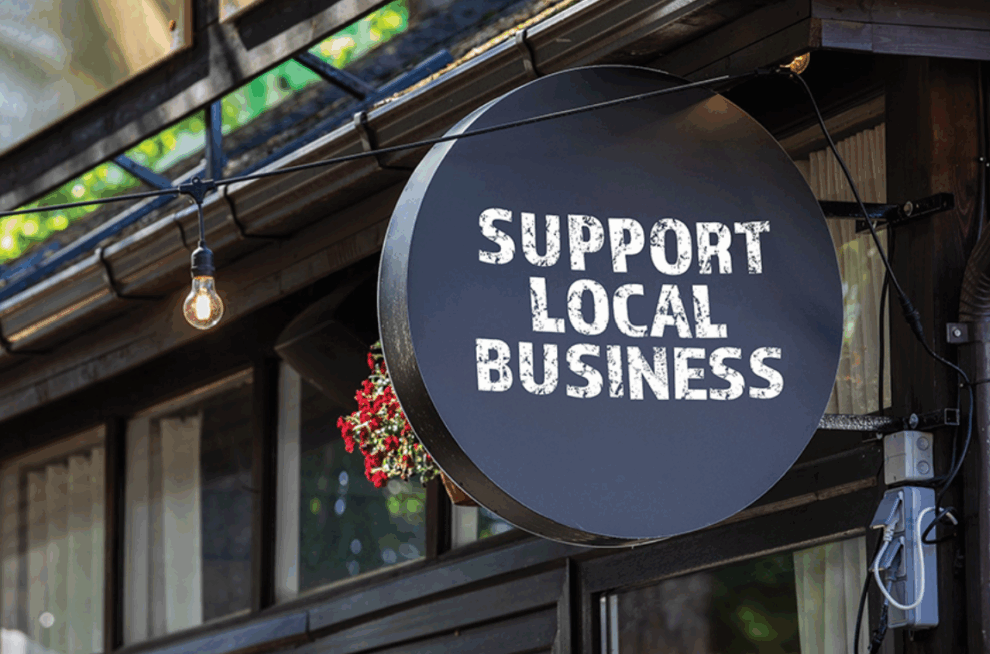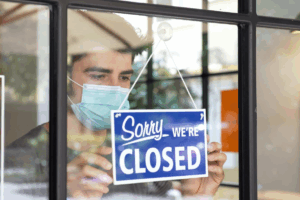With inflation continuing to fall and labor conditions improving, small businesses are increasingly optimistic about the U.S. economy.
July’s measurement of economic optimism from small business owners continued its rise to a level not seen since early 2025. The same businesses said it was a good time to expand their businesses, which often leads to increased transactions and more sustainable economic growth. The National Federation of Independent Business optimism index – which measures a collection of sentiment towards the U.S. economy monthly – reached 100.3, an increase of 1.7 points from June’s measurement. Six of the ten elements used to gauge optimism increased in July.
While the uncertainty index rose in June, fears were minimized in July when recent measurements showed that anticipated inflation from new tariffs did not materialize. U.S. inflation remains below 3.0%, a healthy level for monthly inflation measurements, according to the Federal Reserve. The health of the economy had been a major topic in the most recent presidential election, following a stretch in 2023 where optimism reached worryingly low levels. The 2023 drought was fueled by labor uncertainty, growing inflation and supply chain malfunctions, prompting the Fed to actively target interest rates to tamp down inflation.
In the most recent optimism survey, 65% of respondents said their optimism for the business-health aspect of the economy was either “good” or “excellent”, while only 4% said that level was “poor” or worse. Sixteen percent signaled they would be willing to expand their businesses in the near future.
NFIB’s chief economist Bill Dunkelberg said uncertainty remains one of the few factors detracting from a period of strong economic success. Dunkelberg offered hope that in the next six months, businesses would have many of their fears answered.
“Optimism rose slightly in July with owners reporting more positive expectations on business conditions and expansion opportunities. While uncertainty is still high, the next six months will hopefully offer business owners more clarity,” Dunkelberg said. He also pointed to recent congressional moves to offer a permanent 20% small business tax deduction included in President Trump’s sweeping economic bill from earlier in the summer.
Small businesses repeatedly pointed to labor as the most important issue in the health of the small business economy. Five percent more respondents in July said labor was the key factor compared to in June. Around 11% said that inflation was their primary concern, but that number has been easing in recent months. Overall, 6% more small business owners said they expect an increase in their real sales volume over the next 12 months.
The survey also reported that most businesses are either lowering or holding their prices steady so far in 2025. Only 24% of respondents said they had plans to raise their prices, marking the lowest percentages since January. While Dunkelberg pointed out that most are waiting to see the final rollout of the Big, Beautiful Bill and the shape of the tariff policy from the Trump administration, economic optimism is growing.











